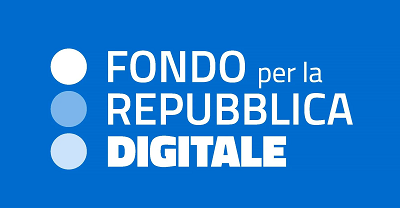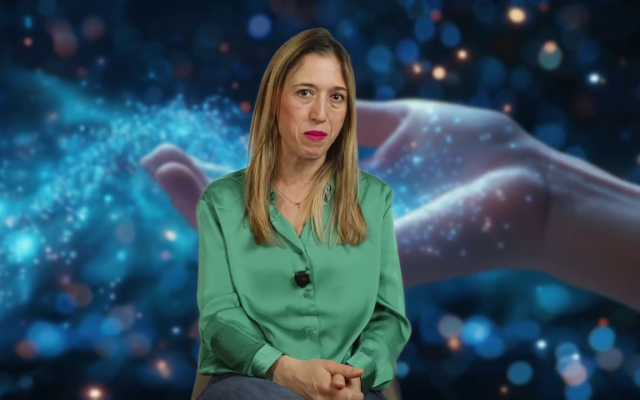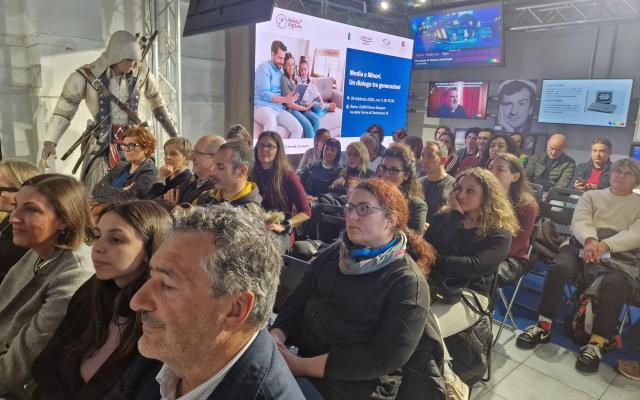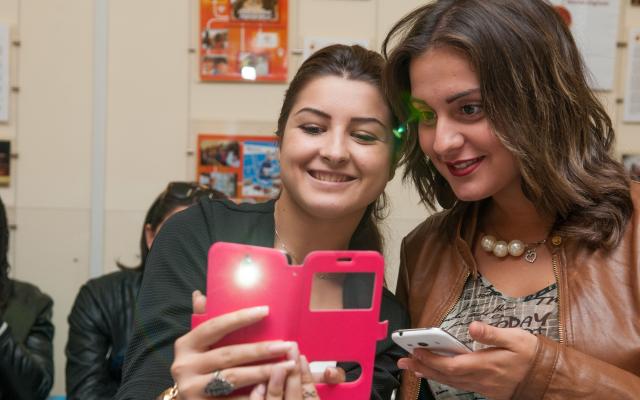The Dig4All Model for the reinsertion of NEETs
Our collaboration with universities is intensifying and our projects are becoming part the object of studies, as demonstrated by the thesis on “Dig4All Project in the Umbria Region: A Multi-stakeholder Approach to Taking Charge of NEETs.” The paper, presented by psychologist Arianna Millarini for her master's degree in Human Resources and Organization at the “Guglielmo Marconi” University, focuses on the impact of Dig4All, an innovative model that aims to support young NEETs (Not in Education, Employment, or Training) in their reintegration into training and work.
Dig4All, which is also implemented in Umbria, stands out for its multi-stakeholder approach that combines the commitment of public institutions, private companies, and third sector organizations to provide ad hoc solutions to young people excluded from traditional training and work paths. Arianna Millarini, as a career tutor for the Fondazione L'Albero della Vita (lead partner), played a direct role in the project activities, and had a unique and privileged observation point.
Notwithstanding her active involvement, Arianna maintained an analytical and objective approach, highlighting the project’s key dynamics and results. The thesis demonstrates how the project not only improved the participants’ skills and employability, but also created a replicable roadmap, both at the regional and national level. Thus, Dig4All emerges as a relevant case study, capable of reducing the gap between NEETs and the labour market.
The thesis highlights the importance of coordinated and adaptable activity, integrating training courses, digital and soft skills, and a network of companies for job placement. Arianna's academic contribution reinforces the value of Dig4All as a model to follow to address one of the most urgent social challenges of our time.
Here are some of the conclusive passages that are particularly interesting:
The Dig4All approach is based on the Public-Private-People-Partnership (4P) Model that was already successfully tested in the youth guarantee programs in Sweden and Finland. This model calls for collaboration between public institutions, private companies, the third sector, and participants, who must be actively involved in defining their professional path, so as to increase their engagement and promote their independence. This approach is perfect for participatory planning, allowing the pooling of the priorities, resources, experiences, and know-how of the various actors to overcome the limits of a centralized and top-down approach. One of the most successful project contributions was the promotion of a community approach that allowed to expand the group of actors already identified as career tutors, a constant sensitive to the specificities of the local labour market and in direct relationship with the local beneficiaries. Thanks to its multi-stakeholder dimension, this “systemic” model provides exceptional value to the beneficiaries. The strategy guaranteed ad hoc and coordinated support in response to specific needs, adapting solutions to real conditions and local challenges. The project experience analysed in this work clearly points to the value of third sector organisations for a deeper understanding of the social dynamics of the areas in which they operate. And thanks to this, the possibility of developing effective intervention strategies, investing particular attention to the weakest and most vulnerable groups.

Dig4All has been selected and supported by the Digital Republic Fund – Social Enterprise, created through a partnership between public and private social operators (government and banking associations). For 2022-26, the fund has allocated ca. €350 million provided by banking institutions. The objective is to increase digital skills and drive the digital transition in Italy. In order to implement the Fund’s programmes – as part of the PNRR – National Plan for Resilience and Recovery and the FNC (National Complementary Fund) – in May 2022, the Digital Republic Fund – Social Enterprise was created as a non-profit organisation, entirely funded by ACRI. For further information:
www.fondorepubblicadigitale.it.




